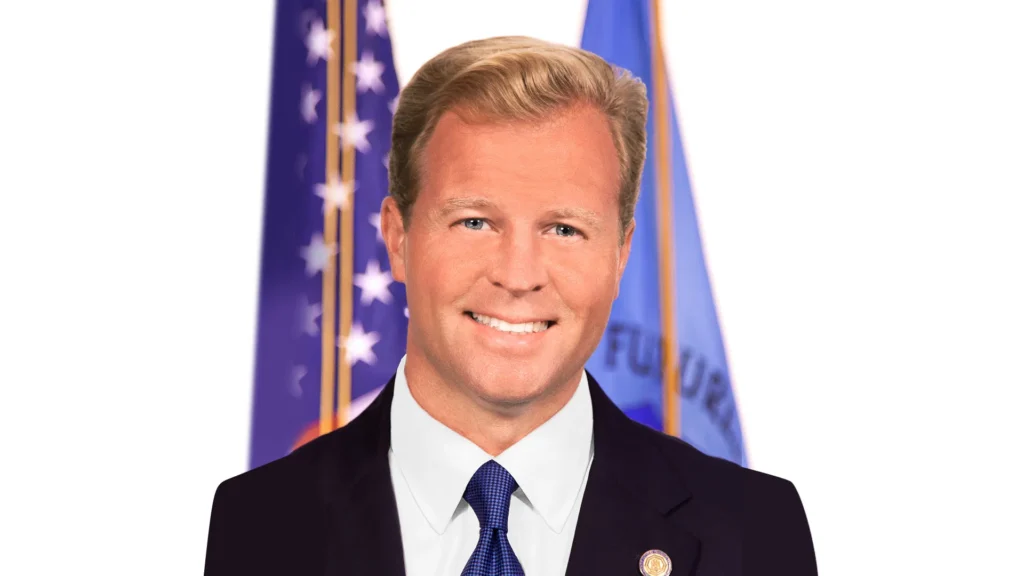
Brian Quintenz, who was nominated by former U.S. President Donald Trump to lead the Commodity Futures Trading Commission (CFTC), confronted questions in the Senate on Tuesday regarding the increasing adoption of event-linked derivatives similar to sports betting, as tribal leaders and legislators voiced concerns about regulatory voids and jurisdictional overreach.
During his appearance before the Senate Committee on Agriculture, Nutrition, and Forestry on Tuesday, which was part of his confirmation process, Quintenz tackled the contentious debate on whether federally regulated prediction markets, like Kalshi, operate as sports wagers without obtaining state gaming licenses or adhering to tribal gaming agreements.
California Senator Adam Schiff directly questioned Quintenz concerning the legality of CFTC-regulated platforms permitting bets on sports outcomes, drawing attention to the implications for tribal sovereignty and the Indian Gaming Regulatory Act (IGRA).
“I’m deeply concerned that these event contracts, which appear almost indistinguishable from a consumer’s perspective to traditional gaming, violate tribal sovereignty and weaken state and tribal gaming compacts,” Schiff asserted.
In his reply, Quintenz affirmed that the Commodity Exchange Act (CEA) suffices to provide legal clarity. “I believe the law is explicit regarding the purpose of derivative contracts, as well as events with financial or economic outcomes that meet the criteria for commodities,” he explained, avoiding a direct mention of sports betting despite Schiff’s explicit inquiries.
The issue has gained urgency due to reports indicating that Native American tribes are apprehensive that the emergence of federally approved prediction markets could infringe upon their exclusive rights to operate gambling in states such as California.
Kalshi and comparable operators assert that their platforms, which allow users to wager on yes/no outcomes of events, function legally under CFTC oversight. Nonetheless, some lawmakers contend that these offerings bear a striking resemblance to conventional sports betting.
When pressed, Quintenz suggested that tribes could seek regulatory approval from the CFTC to provide such contracts. “There’s nothing in the CEA that I’m aware of that prohibits or influences the capacity for tribes to offer those products and markets,” he claimed. However, this proposal did not assuage concerns regarding whether the operation of such platforms could undermine the exclusivity ensured by state-tribal compacts.
Although no definitive vote occurred during the hearing, the committee is expected to make a determination on Quintenz’s nomination in the upcoming weeks, following which it will be presented to the entire Senate.
Senator Cory Booker also inquired about Quintenz’s previous association with Kalshi’s board and his financial interest in the company. Quintenz indicated he would divest and abstain from Kalshi-related matters for a duration of one year. Nonetheless, Booker pointed out that Kalshi has recently recruited Donald Trump Jr. as a special advisor, questioning the nominee’s ability to remain unbiased.
“I’m concerned about whether, as chairman, you will feel empowered to challenge a company that is being guided by the president’s son?” Booker questioned.
The subject of prediction markets resembling sports betting has incited at least three legal challenges from states, including Nevada, New Jersey, and Maryland, against Kalshi, arguing that sports event contracts should fall under state gambling regulations rather than federal commodities law. Kalshi has successfully secured court orders in two of these cases to date.
During the hearing, Quintenz was evasive when asked whether the CFTC would appeal any adverse rulings in these cases. “The agency would ensure that it defends the Commodity Exchange Act and its jurisdiction over futures and event contracts,” he stated.


